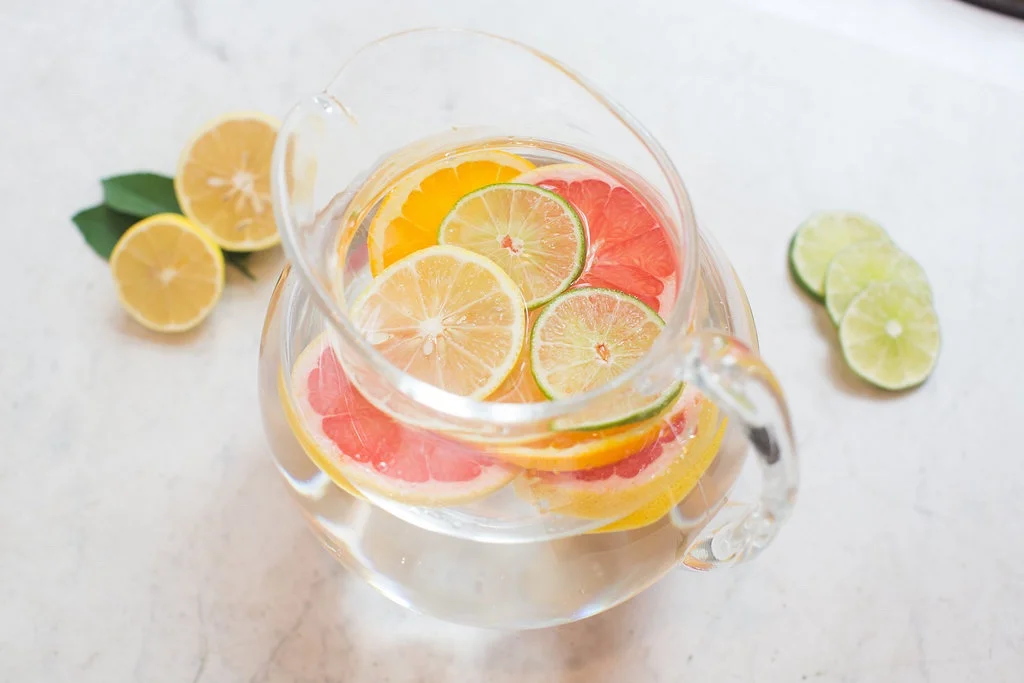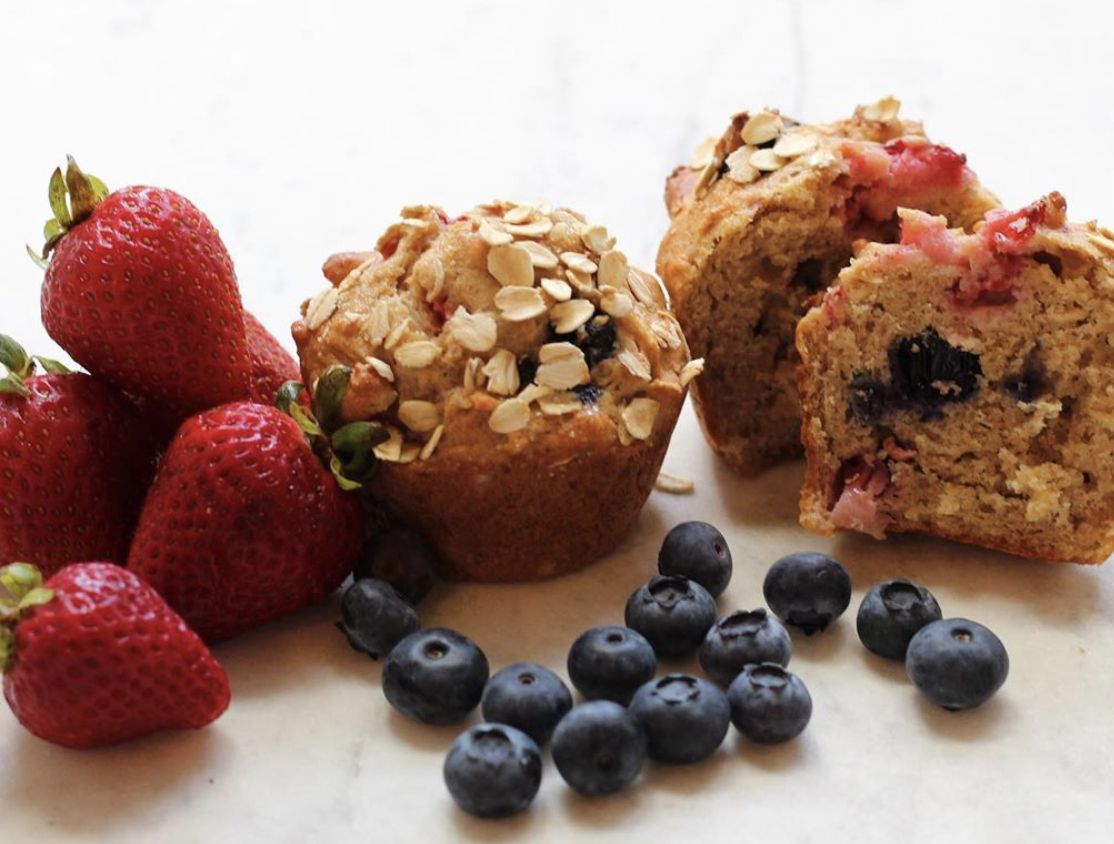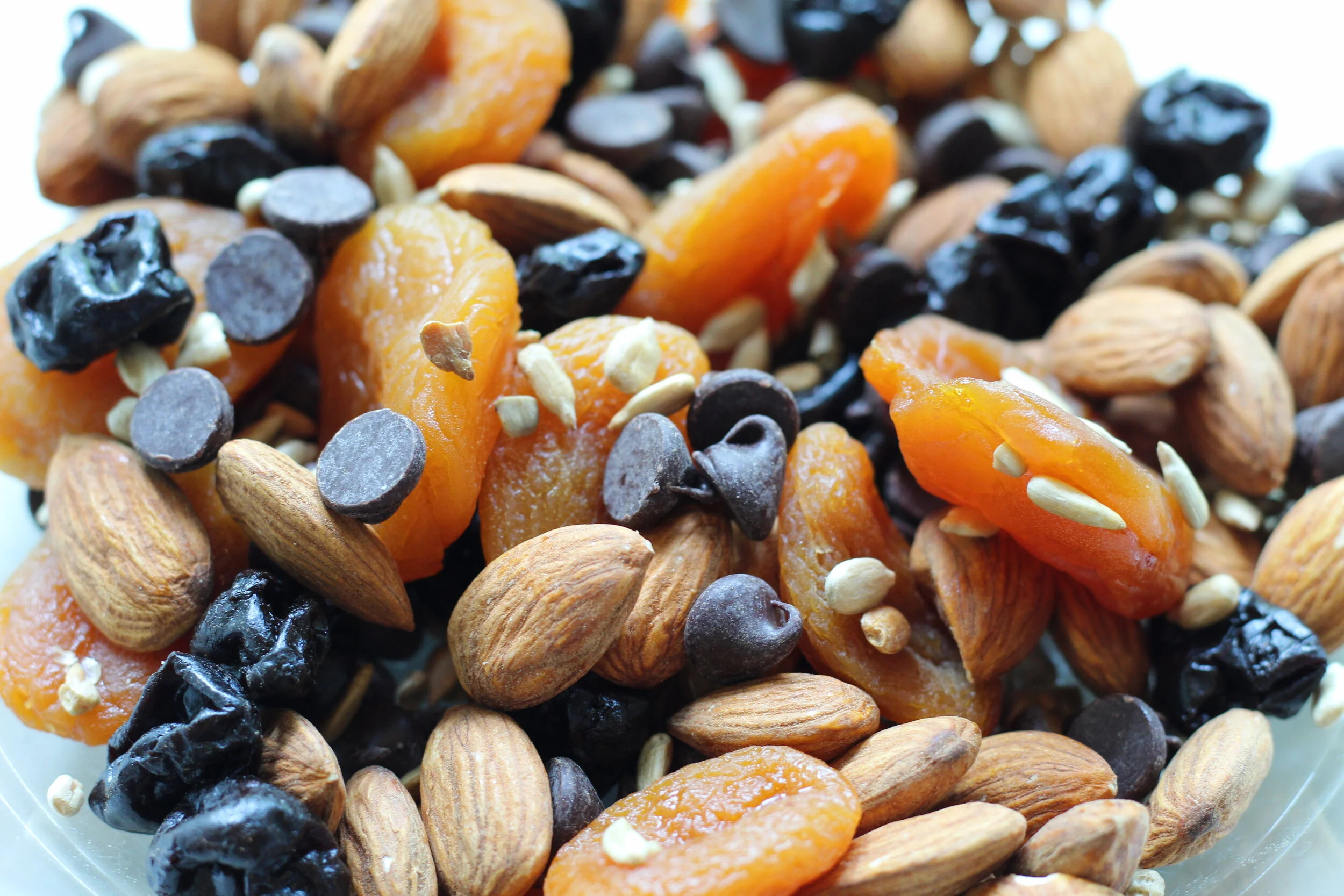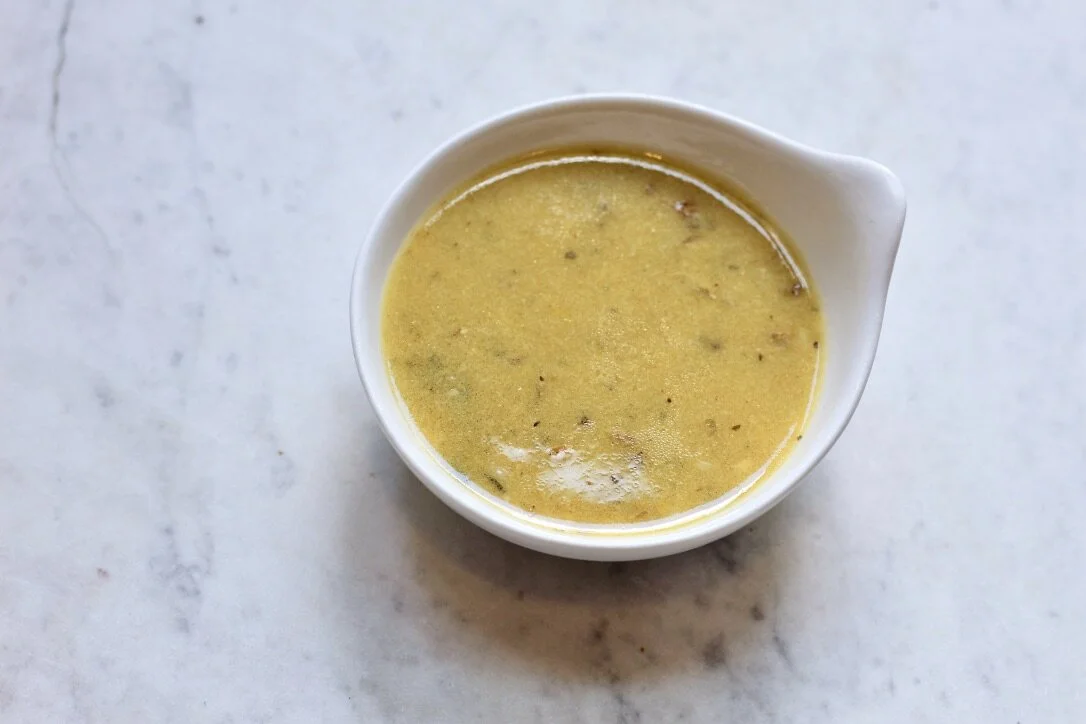The Mediterranean Diet
The Mediterranean Diet promotes fresh and seasonal plant-based foods—including fruits, vegetables, grains, legumes, seeds, nuts, olive oil, herbs and spices—as well as fish and poultry, while limiting red meats and sugar.
Fish & Seafood
Fish and seafood are lean protein options packed with vitamins, minerals, and healthy omega-3 fatty acids. The healthy omega-3s in found in fatty fish are anti-inflammatory components that help our bodies heal and fight inflammation. Aim to eat at least two 4-ounce servings of fish or other seafood per week. You can deliciously incorporate seafood into a Mediterranean lifestyle with our recipe for Balsamic Glazed Salmon.
Legumes
Legumes are loaded with fiber, B vitamins, and minerals. They are the perfect plant-based protein source for your meatless meal. Research shows replacing red meat with plant-based protein is associated with a lower risk of heart disease, diabetes, and certain cancers. Making this swap reduces saturated fat and increases fiber intake. These filling foods help prevent hunger throughout the day and can be added to any salad, mixed dish, or blended into a paste like hummus!
Meat
Changing the way you think about meat is a part of the Mediterranean lifestyle. To help begin these changes, fill half your plate with colorful and flavorful vegetables first, then fill one-fourth with your favorite whole grain and one-fourth of the plate with a lean protein source. For a tangy grilled protein option, try these Lemony Chicken Kebabs with Cauliflower Tabbouleh.
Hydration
Water is essential for our bodies to function normally, and adequate hydration is an integral part of the Mediterranean lifestyle. Needs depend on factors including age, activity level, and climate. Water is the best choice for a beverage and can be enhanced by adding fresh or frozen fruits and fresh mint or basil to create a refreshing “spa water”.
Alcohol can be enjoyed in moderation, up to 1 serving per day for women or 2 servings per day for men. Alcohol should be consumed with meals. Avoid binge drinking -- saving your daily alcohol servings for the weekend is not recommended, friends!
Fruits
Fruits are great sources of vitamins, minerals, water, and fiber. They are loaded with phytochemicals - components that provide anti-inflammatory benefits to the body. Fruits also have a high water content and make a delicious way to hydrate! Enjoy seasonal fruit whenever possible for the best flavor. Adding fruits into your eating pattern can be as easy as pairing a fruit with nuts or yogurt as a filling breakfast or snack or adding fruits to your favorite salads and salsas. This Chopped Strawberry Farro Salad is a simple and flavorful way to include fruits at lunch or dinner!
Vegetables
Vegetables are a great source of vitamins, minerals, fiber, and antioxidants. Diets rich in vegetables are associated with lower risk of cancer and heart disease. Try choosing 5-7 servings per day. An easy way to incorporate vegetables into your daily routine is roasting a big batch on a sheet pan. This makes for an easy dinner or meal prep idea. We love our Mediterranean Sheet Pan Shrimp.
Whole Grains
Whole grains are another great source of fiber, B vitamins, and minerals like iron, magnesium, and selenium. Compared to refined grains like white bread, white rice, and couscous, whole grains keep you fuller longer because of their added protein and fiber. Our favorites are farro, freekeh, quinoa, and barley. Start your day by incorporating ancient grains with this delicious recipe for Strawberry Oat Muffins.
Nuts
Nuts are a great source of protein and fat! They also provide vitamins and minerals, like potassium, magnesium, folate, and vitamin E. These powerhouses of nutrition make for a great on-the-go snack. Try topping your salads or parfaits with nuts to add some healthy crunch. Our Homemade Trail Mix is packed with heart-healthy ingredients like almonds, sunflower seeds, and dried fruits.
Healthy Fats
Fats are an essential part of a healthy diet because they provide energy and support normal body functions. Choose plant-based oils that are liquid at room temperature, instead of animal sources of fats. Olive, canola, and avocado oils are the best options due to their anti-inflammatory omega-3 fatty acid content. Try making your own salad dressings with these oils, your favorite vinegar, and flavor enhancers like Dijon mustard, fresh herbs, or honey. Here is The Clever Kitchen’s go-to Lemon Mustard Vinaigrette.
Healthy Living
The Mediterranean lifestyle focuses on a holistic approach to health, which goes beyond just diet to incorporate physical activity, a positive food environment, and mindfulness.
This lifestyle encourages enjoying quality foods with family and friends and listening to one’s own hunger and fullness cues to know how much and when to eat. Meal times should be intentional and enjoyable, without electronics or other distractions.
The physical activity component of the Mediterranean lifestyle improves cardiovascular and bone health. Moving also aids in digestion! Get started with some low-impact activities like walking or swimming to get your blood flowing and to release mood-boosting endorphins.













